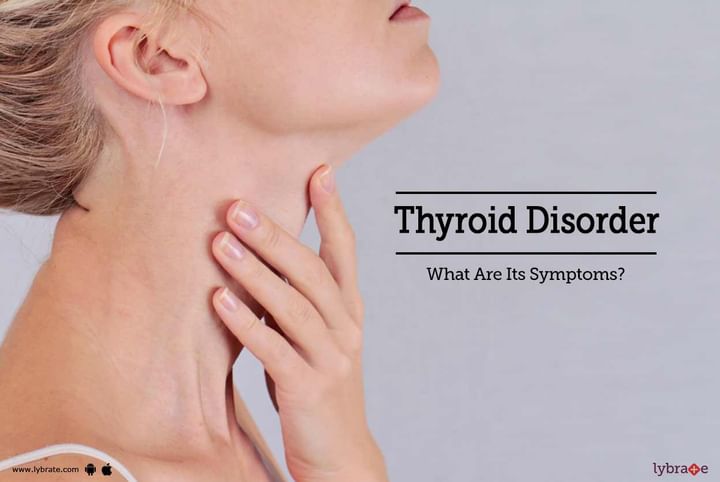Thyroid Disorder - What Are Its Symptoms?
A fairly common health disorder that is said to affect a substantial percentage of the total population is thyroid, but the worst part is that half the affected population is unaware of the condition they are suffering from.
Thyroid, the master gland present in the neck is responsible for controlling our metabolism. Thus, if the thyroid is not running optimally, you will also not be able to function adequately.
Here are some of the most common thyroid disorders and their symptoms:
- Hypothyroidism: This is a condition that develops when the thyroid glands are not able to produce sufficient amounts of thyroid hormones. It may stem from issues within the thyroid gland, hypothalamus, and the pituitary gland. The most common signs and symptoms of hypothyroidism include fatigue and extreme tiredness, dryness of skin, constipation and bowel problems, feeling too cold, retention of fluid, depression and muscle and joint issues.
- Hyperthyroidism: This is yet another thyroid disorder where there is an excessive production of thyroid hormone. The common symptoms of this problem are tremors and agitation along with nervousness and adverse effects on the functioning of the brain. Though sluggishness and depression are more commonly associated with hypothyroidism, hyperthyroidism often leads to lack of concentration. Thyroid disorders are known to cause prolonged and excessive menstrual bleeding while hyperthyroidism causes scanty menstrual flow. Both are equally harmful to the reproductive health. Other symptoms are racing heartbeat or tachycardia, fluid retention, and unexplained weight gain.
- Goiter: This refers to the enlargement of the thyroid gland, which may be associated with either hypothyroidism and hyperthyroidism or even normal thyroid function. Thus, the symptoms could resemble that of hypothyroidism or hyperthyroidism or may not cause any symptom altogether.
- Thyroid nodules: Nodules are abnormal masses occurring within the thyroid. It may be caused by benign cysts or by thyroid cancers. When the nodules become too large, they may compress the nearby structures and cast an impact on their functions.
- Thyroid cancer: Thyroid cancer is more common in adult women than men. There are various types of thyroid cancer, and the symptoms may include swelling in the neck, a formation of a lump in the neck, hoarseness of voice, trouble breathing and swallowing and constant coughing which is not due to cold.
It is worthy of mention here that none of these symptoms shall be able to specify thyroid disease. Also, one may not have to experience every symptom mentioned here to be affected by the disease. Every person's experience with thyroid disorder is unique. You may find that your hair and skin is becoming rough and lackluster while another person of almost your age may have heat intolerance and another person may have high cholesterol levels.
Therefore, if you are currently experiencing symptoms of thyroid then it is crucial to get your health condition evaluated by a healthcare professional who may use some diagnostic tests to determine if you have any thyroid problems.
In case you have a concern or query you can always consult an expert & get answers to your questions!



+1.svg)
